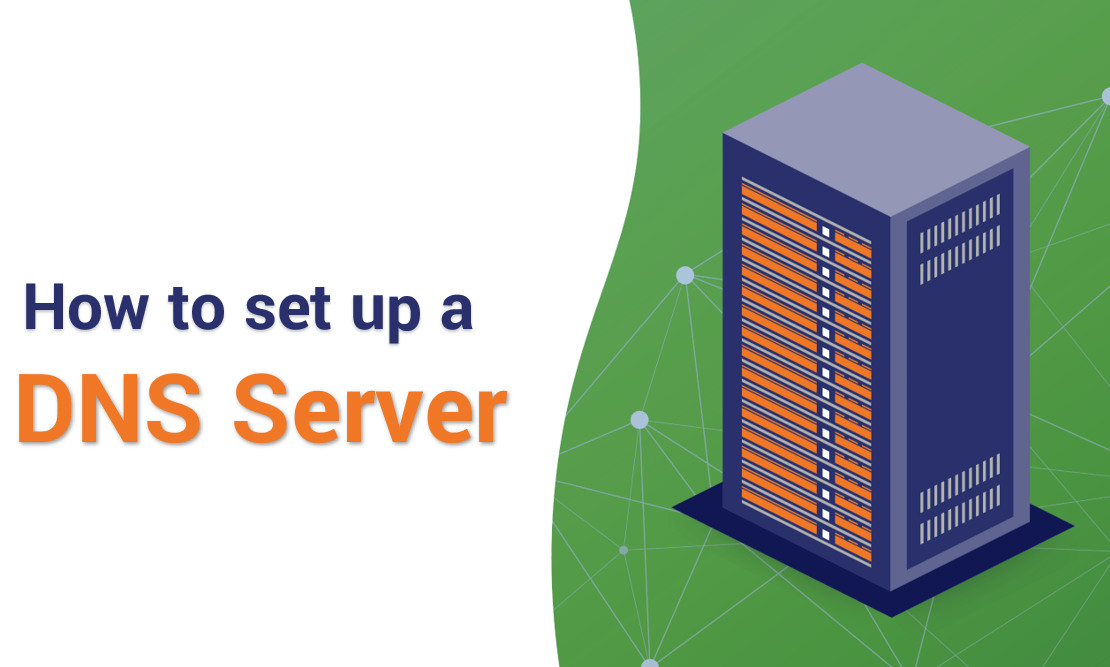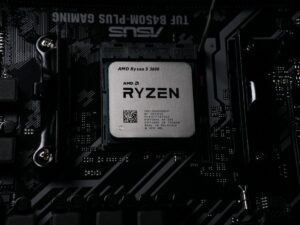How to set up DNS Servers with DNS
4 min read
DNS is also known as the Domain Name System, is the most fundamental of technologies that allow the human-friendly domain name to translate into IP addresses, which allows us to browse websites and internet-based services easily. Although DNS may seem like a simple process, the DNS procedure may appear simple to the majority of users however, it plays an essential part in the operation for the web. In this piece we’ll look into the world of DNS servers as well as learn to setup DNS to serve various functions.
Understanding DNS Servers
DNS servers form the foundation to DNS servers. They are the foundation of DNS infrastructure. They’re responsible for keeping DNS name records, and then translating these into IP addresses whenever asked for. There are two main kinds of DNS servers: Authoritative and Recursive.
Different DNS Servers
DNS Servers that are authenticated
The official DNS servers are the authoritative record of specific domain names. They’re the sole authoritative source for IP addresses associated with domain names and subdomains.
Recursive DNS Servers
Recursive DNS servers are, in contrast they act as a middleman between the authoritative server and the user. They aid users to find the proper IP address of a domain through navigating the DNS tree.
Setup DNS using Authoritative Servers
In the event that you establish DNS using authoritative servers, you are the sole authority of your website. This is crucial for site administrators, since it allows the domain owner to regulate its IP address details.
Configuring DNS Records
In order to set the DNS using authoritative servers it is necessary to set up DNS records such as A record, CNAME records as well as MX records. These records specify how your domain’s name is connected to a variety of services and resources.
Selecting the best DNS Hosting Service
Picking a reliable DNS hosting service is essential in ensuring that your reputable DNS servers are available and secure. Numerous web hosting providers offer DNS Hosting services.
Configuring DNS using Recursive Servers
If you are using their domains for hosting purposes creating a DNS using recursive servers is crucial. This will ensure that you have access to sites and services via the web.
Configuring DNS Resolvers
Setting up DNS resolvers in your router or device will usually suffice to enable DNS using more recursive servers. The resolvers in question are responsible for contacting authoritative DNS servers on behalf of you.
Utilizing third-party DNS Services
A lot of users choose to utilize other DNS services such as Google Public DNS or OpenDNS to improve performance, security, as well as filtering of content.
Best Practices to Use for DNS Configuration
In order to ensure a reliable and safe DNS installation, think about these top techniques.
Security Concerns
Install DNS security measures, such as DNSSEC (DNS Security Extensions) to safeguard from DNS spoofing as well as cache poisoning attacks.
DNS Performance Optimization
Improve DNS performance using anycast routing as well as Content delivery networks (CDNs) to decrease the amount of latency and increase efficiency.
Troubleshooting DNS-related issues commonly encountered
In spite of careful setting, DNS issues can arise. Recognizing common issues such as DNS propagation issues and incongruous DNS records can assist you to identify the root of the problem.
Conclusion
Knowing the steps to setup DNS that works with servers is crucial to anyone who manages websites, networks or even just browsing the web. When you’re configuring authoritative servers or optimizing the utilization of recursive server, DNS understanding is crucial to ensure a smooth web browsing experience.
Today’s digitally connected world it is essential to have a stable and reliable DNS server is the undiscovered superhero that lets you effortlessly access to websites and other online services. Being aware of the specifics of both authoritative and the recursive DNS servers is vital to a variety of internet users, from site proprietors to ordinary internet users.
An organized DNS configuration, whether using authoritative servers or maximizing the use of recursive servers will significantly affect the security and performance of your internet experience. If you adhere to the best guidelines, you’ll be able to protect your DNS infrastructure by increasing the security of your domain records, and defending yourself against typical risks.
If you are embarking on the process to set up DNS using servers, keep in mind that DNS is an evolving domain, so continuous improvement and changing are crucial. The DNS technology is constantly evolving as new protocols are developed and security features appearing to make web safer and more effective.
If you’re ever having issues with DNS or have doubts do not hesitate to seek advice from DNS experts, or talk to your hosting company or ISP for advice. They are able to provide invaluable assistance to ensure that your DNS installation runs as smoothly as it should.
It doesn’t matter if you’re setting up an reliable DNS servers to create your presence online or improving your Recursive DNS servers for an improved speed and secure online experience in the realm of DNS servers are an integral component of your journey through the digital world.
Keep in mind that DNS isn’t only a technical term It’s an essential aspect that keeps the digital globe spinning. When you understand how to configure DNS using servers, you’ll be in good shape to surfing the web in a manner that is efficient and secure.







